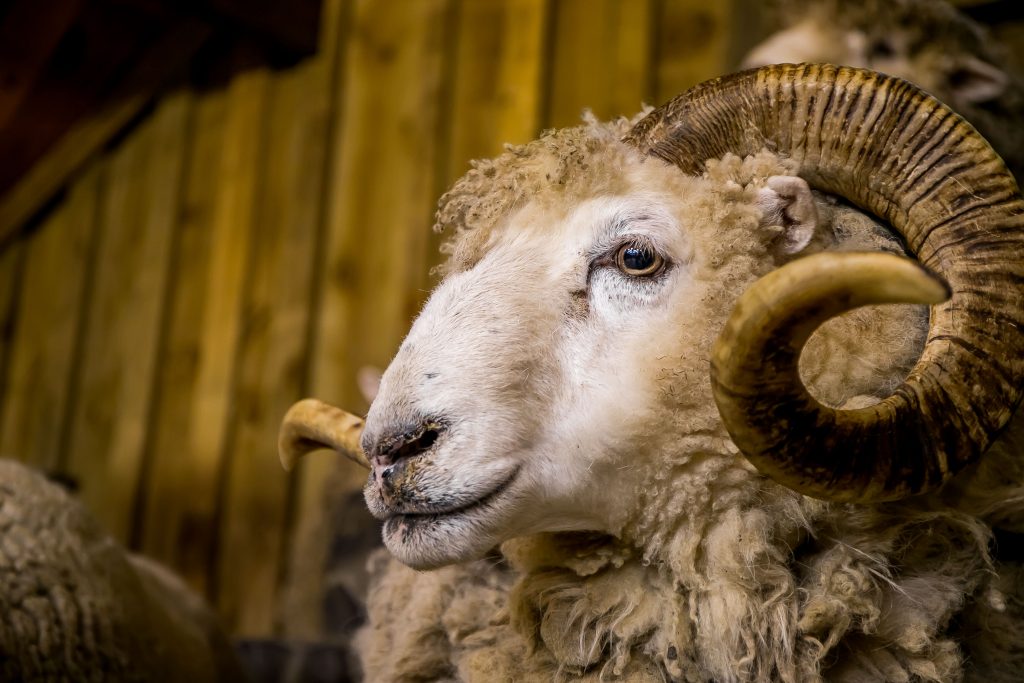Since the NZIAHS published its special issue of AgScience with a focus on regenerative agriculture in December, I am pleased to see others joining our call for more research.
Among the contributions to the discussion is a “white paper” released last month by a country-wide group of researchers who have identified key research topics for further study to improve understanding and practice of regenerative farming.
The paper, Regenerative Agriculture in Aotearoa New Zealand – Research Pathways to Build Science-Based Evidence and National Narratives, sets out 17 priority research topics and introduces 11 principles for regenerative farming in New Zealand
Regenerative agriculture potentially had an important role to play in New Zealand, although evidence was urgently required, said the lead author, Dr Gwen Grelet, senior researcher at Manaaki Whenua – Landcare Research.
“Regenerative agriculture has huge momentum internationally in all parts of the food system,” she said. “It is not a magic bullet but its grass-roots popularity with farmers and food consumers means it has huge potential for driving the transformation of Aotearoa’s agri-food system to move our country closer to its goals.”
Some NZIAHS members have expressed concerns to me about the white paper. Whether it fairly reflects the views which RA sceptics expressed during consultations in the preparation of the paper is one issue. Who was paid how much to produce it is another.
But when it comes to the paper’s conclusions, there should be no disagreement. The paper insists (as we do) there is a pressing need and demand to test the claims made by RA proponents using robust scientific methodology.
Marketing ploy
Meanwhile I note that an association with regenerative agriculture is being considered useful for selling some products in a market that is becoming increasingly sensitive to climate change and environmental issues. My own view is that the marketers need to be confident the claims of environmental benefit can be backed up with strong evidence.
The Merino clothing companies Allbirds and Icebreaker, for example, have announced they are committed to working together with the US apparel company Smartwool to promote the use of more climate-friendly wool by sourcing merino from a 100% regenerative wool platform.
The New Zealand Merino Company’s ZQRX platform involves 167 New Zealand merino growers, all using regenerative farming practices, across more than a million hectares of farmland.
A Stuff account of this arrangement said regenerative farming prioritises building resilience through diversity and soil health and includes practices such as the use of cover crops, no tillage and ditching biocides and fertilisers.
NZM chief executive John Brakenridge said on-farm emissions could be reduced to zero by adopting regenerative practices that both store more carbon and emit less.
“The ZQRX index addresses the health of the eco-system and farming communities, rewarding the value of growers who are committed to regenerative agricultural practises,” he said.
 But claims or beliefs that RA might improve soil carbon, biodiversity and productivity need to be verified. If not, then someone is bound to call out the marketers.
But claims or beliefs that RA might improve soil carbon, biodiversity and productivity need to be verified. If not, then someone is bound to call out the marketers.
The same goes for national branding that puts its emphasis on purity and greenness. A better national brand (I suggest) would incorporate a Taiao ora, Tangata ora message: this reflects the idea that if the natural world is healthy, so too are the people. This seems more robust than the 100% NZ Pure bumph of the past and more NZ-specific than regenerative agriculture (which is an import from the US). It would also embrace a Tangata whenua perspective.
Climate change
Another discussion prompted by climate change and the related science was triggered by the Climate Change Commission’s interim report.Another discussion prompted by climate change and the related science was triggered by the Climate Change Commission’s interim report.
It is great to see an independent advisory group reporting on the challenging issues raised by climate change and the realisation that offsetting CO2 emissions by planting pine trees is fuzzy thinking. As the report states, “We can’t plant our way out of climate change, the focus must be on decarbonising and reducing emissions at source.”
In that respect, maybe a billion fence posts might have been a better response than planting a billion trees in respect to protecting natural areas and allowing un-farmable/unproductive land to revert/be conserved in native vegetation. This would likely have had biodiversity gains, too, albeit not without an ongoing need to control pests and manage fire-risk in dry periods.
In that respect, maybe a billion fence posts might have been a better response than planting a billion trees in respect to protecting natural areas and allowing un-farmable/unproductive land to revert/be conserved in native vegetation. This would likely have had biodiversity gains, too, albeit not without an ongoing need to control pests and manage fire-risk in dry periods.
That said, the knives still seem to be out for pastoral agriculture and there are concerns in that sector around how the impact of ruminant methane is being factored into our national greenhouse gas footprint. That’s despite a study of global dairy producers revealing New Zealand’s dairy products had a carbon footprint 48% lower than the average, and observation that the carbon intensity of New Zealand lamb has reduced by 32% since 1990, underpinned by science-driven improvements in things like pasture quality, growth rates and lambing percentage.
It’s a shame petrochemical use isn’t trending in the same fashion.
Research funding
The Kathleen Spragg Agricultural Research Trust has opened applications for funding for research and development purposes that provide a demonstrable benefit to the pastoral industry of New Zealand.
Individuals (scientists, technicians, advisors, consultants and PhD students holding relevant tertiary qualifications) and New Zealand institutions and organisations may apply for funding relating to research and development in soils, plants and animals and related areas to the pastoral industry.
Only domestic (New Zealand based travel) will be considered in this funding round due to the Covid19 pandemic and its implications on international travel.
For more information and to apply, please click HERE
Applications are open until 19 March.
Plant Science Central Conference
 Members should note that Plant Science Central is holding the 5th joint meeting of scientific societies during the week
Members should note that Plant Science Central is holding the 5th joint meeting of scientific societies during the week
6-8 July 2021
at Massey University, Palmerston North.
Confirmed participants are NZIAHS, NZSPB, IAPB and we are being joined this year by the organisers of Postharvest 2024, with specific postharvest sessions throughout the programme.
Further information HERE
 Prof Jon Hickford
Prof Jon Hickford
NZIAHS President













